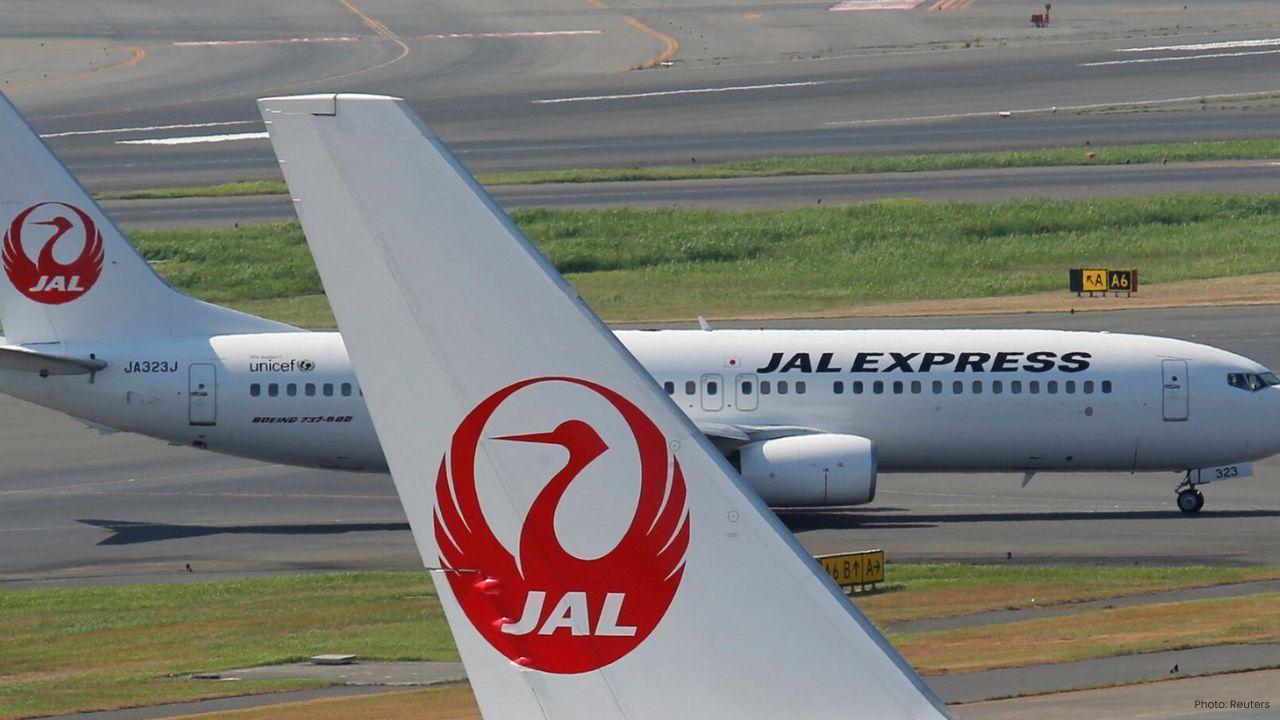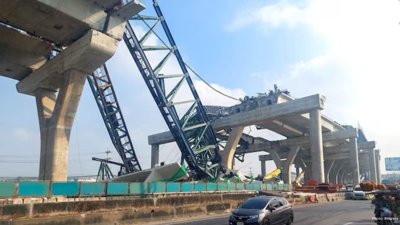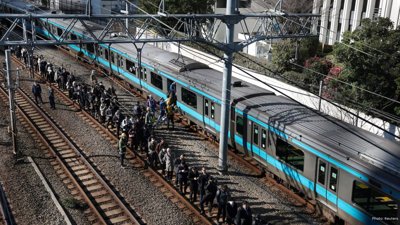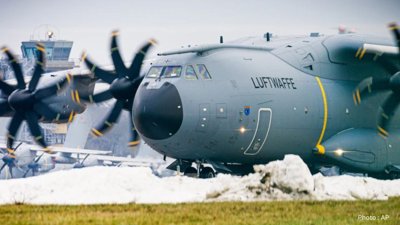
Post by : Meena Rani
At Routes World 2025 in Hong Kong this week, airline executives highlighted a trend reshaping short-haul air travel: the traditional distinction between low-cost carriers (LCCs) and full-service airlines is increasingly fading.
Shinji Nishio, senior director of airline corporate strategy at Japan Airlines (JAL), said the economics of short flights, coupled with intense competition, are forcing legacy airlines to adopt practices more commonly associated with low-cost carriers.
“In the short-haul market for Japan Airlines, it is very difficult to make a route profitable with lower-density aeroplanes. That is why I think the line between full-service carriers and low-cost carriers will be very vague in the future,” Nishio explained.
Full-Service Carriers Unbundle Fares
The trend is evident across multiple regions. Many full-service airlines are now offering unbundled fares on regional and short-haul routes, where passengers pay separately for meals, baggage, and seat selection.
Major carriers such as Lufthansa, British Airways, and Air France-KLM have introduced stripped-down economy fare options in Europe. JAL itself provides a tiered structure with Economy Special, Economy Semi-Flex, and Economy Flex fares, allowing passengers to select levels of service according to preference and budget.
Valeria Rebasti, international market director at European LCC Volotea, said the transformation is already clear:
“The line between LCC and full service carriers has become very thin.”
LCCs Target Business Passengers
The convergence is not one-sided. Low-cost carriers are also evolving to attract new customer segments, including business travelers. Airlines like Ryanair, easyJet, and AirAsia now offer flexible fares, bundled ancillaries, and corporate partnerships—services traditionally associated with full-service carriers.
This hybrid approach is driven by both economic necessity and customer demand. Passengers increasingly prefer paying only for the services they use, creating pressure on airlines to tailor offerings while keeping base fares competitive.
Economic Pressures Drive Change
Short-haul routes are notoriously challenging for airlines in terms of profitability. Margins are tight, particularly for legacy carriers operating larger, less dense aircraft. Ancillary revenue—fees for baggage, food, and seat selection—now forms a significant portion of income even for traditional airlines.
Industry data highlights the importance of these revenues. For instance, IAG (parent company of British Airways) generates hundreds of millions of pounds annually from ancillary services alone. Such earnings are increasingly vital for sustaining short-haul operations in a fiercely competitive market.
For Japanese carriers, these economic realities are particularly relevant. Nishio pointed out that domestic short flights are difficult to maintain profitably with larger aircraft, forcing carriers to rethink conventional full-service models in favor of more flexible, hybrid approaches.
“The line between full-service carriers and low-cost carriers will almost disappear, especially in the short-haul market,” he added.
Implications for the Airline Industry
The blurring of lines between low-cost and full-service carriers signals a broader shift in the aviation industry. Traditional business models are evolving as carriers seek to balance competitive pricing, customer preferences, and profitability.
Passengers now benefit from more customizable options regardless of airline type, while carriers must innovate to maintain revenue and market share. For both full-service and low-cost operators, the convergence on short-haul routes reflects an acknowledgment that adaptability is crucial in a highly competitive and cost-sensitive market.
airline convergence, Japan Airlines, Ryanair, AirAsia










Advances in Aerospace Technology and Commercial Aviation Recovery
Insights into breakthrough aerospace technologies and commercial aviation’s recovery amid 2025 chall

Defense Modernization and Strategic Spending Trends
Explore key trends in global defense modernization and strategic military spending shaping 2025 secu

Tens of Thousands Protest in Serbia on Anniversary of Deadly Roof Collapse
Tens of thousands in Novi Sad mark a year since a deadly station roof collapse that killed 16, prote

Canada PM Carney Apologizes to Trump Over Controversial Reagan Anti-Tariff Ad
Canadian PM Mark Carney apologized to President Trump over an Ontario anti-tariff ad quoting Reagan,

The ad that stirred a hornets nest, and made Canadian PM Carney say sorry to Trump
Canadian PM Mark Carney apologizes to US President Trump after a tariff-related ad causes diplomatic

Bengaluru-Mumbai Superfast Train Approved After 30-Year Wait
Railways approves new superfast train connecting Bengaluru and Mumbai, ending a 30-year demand, easi